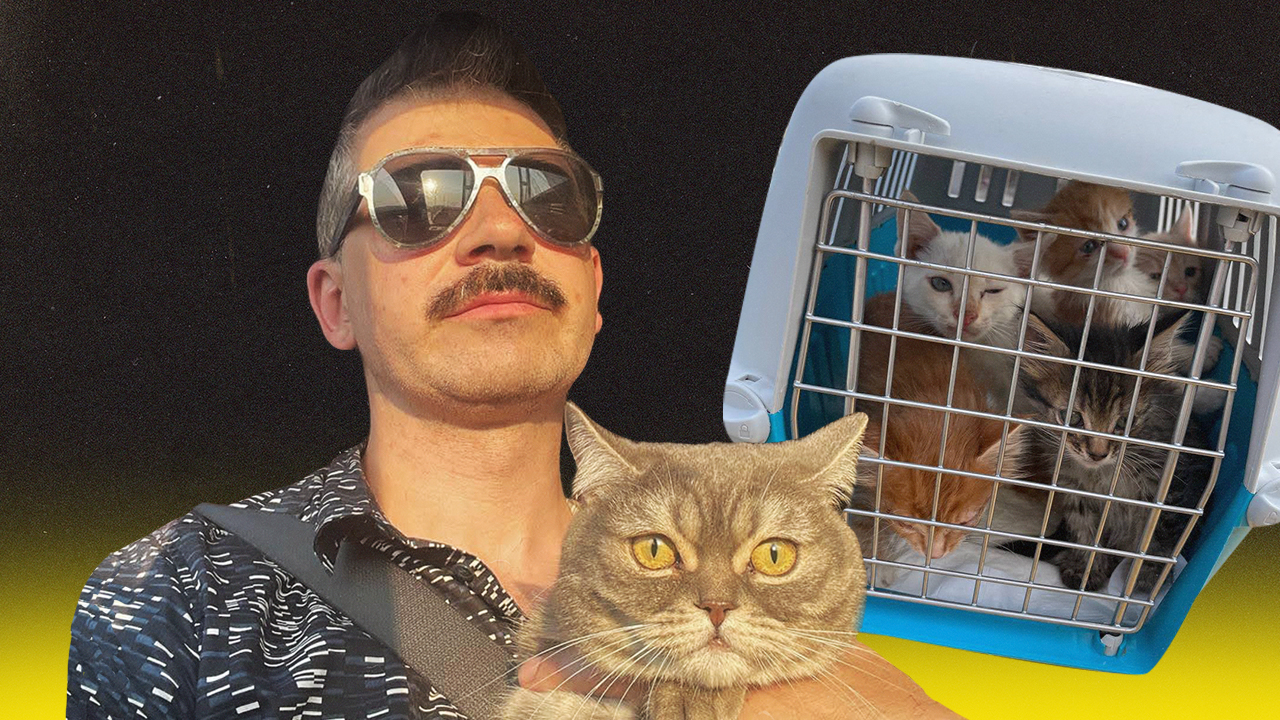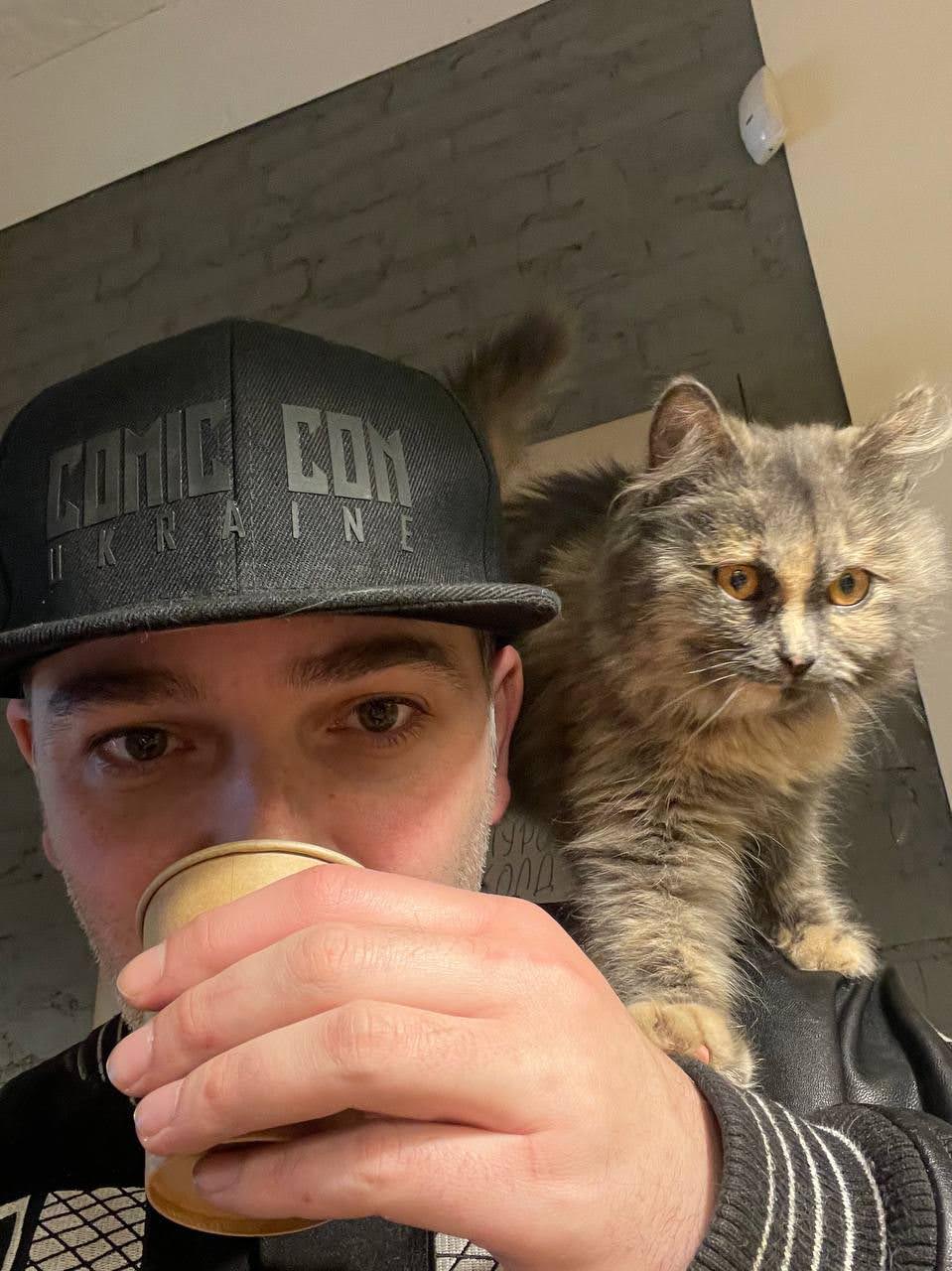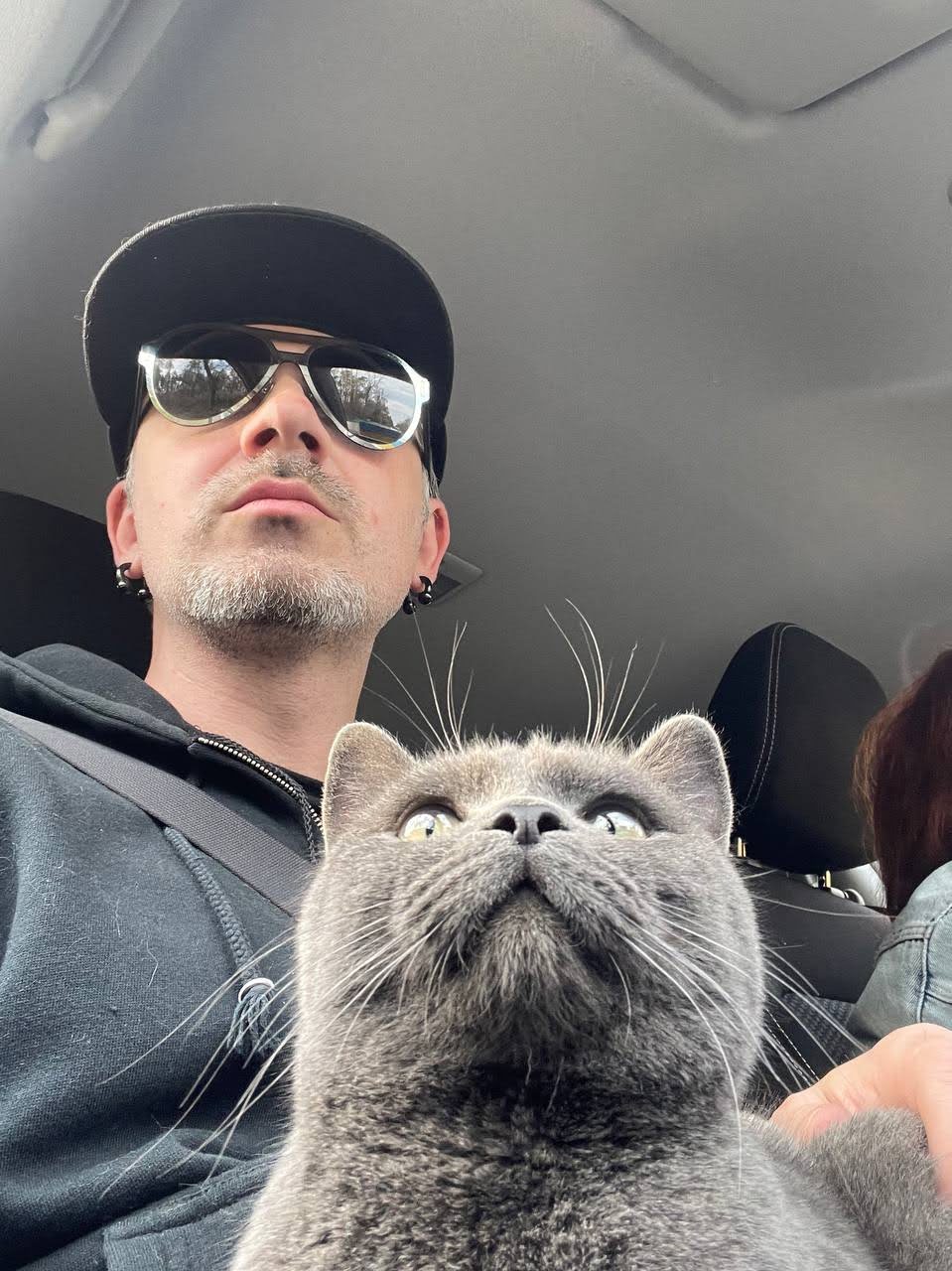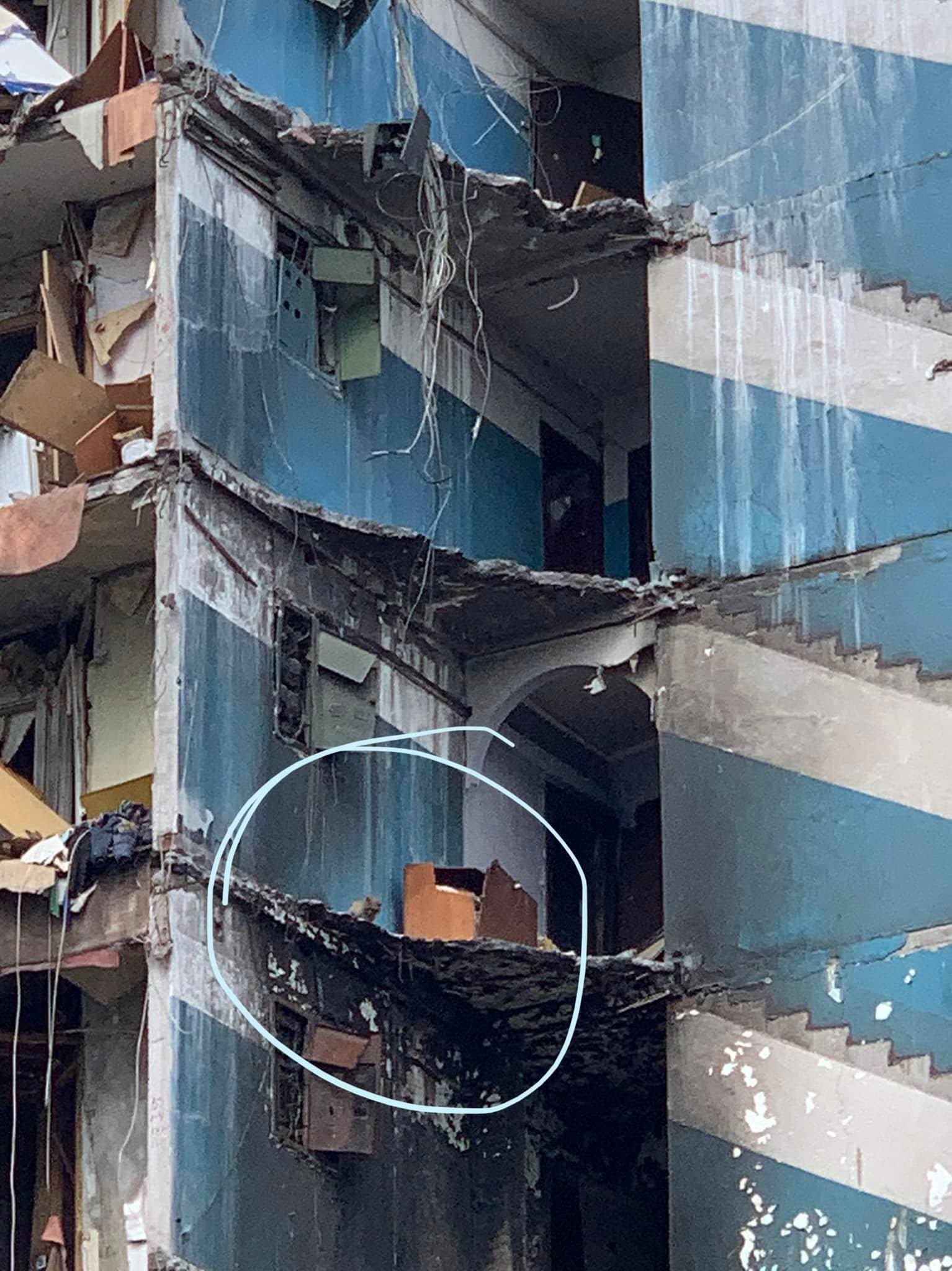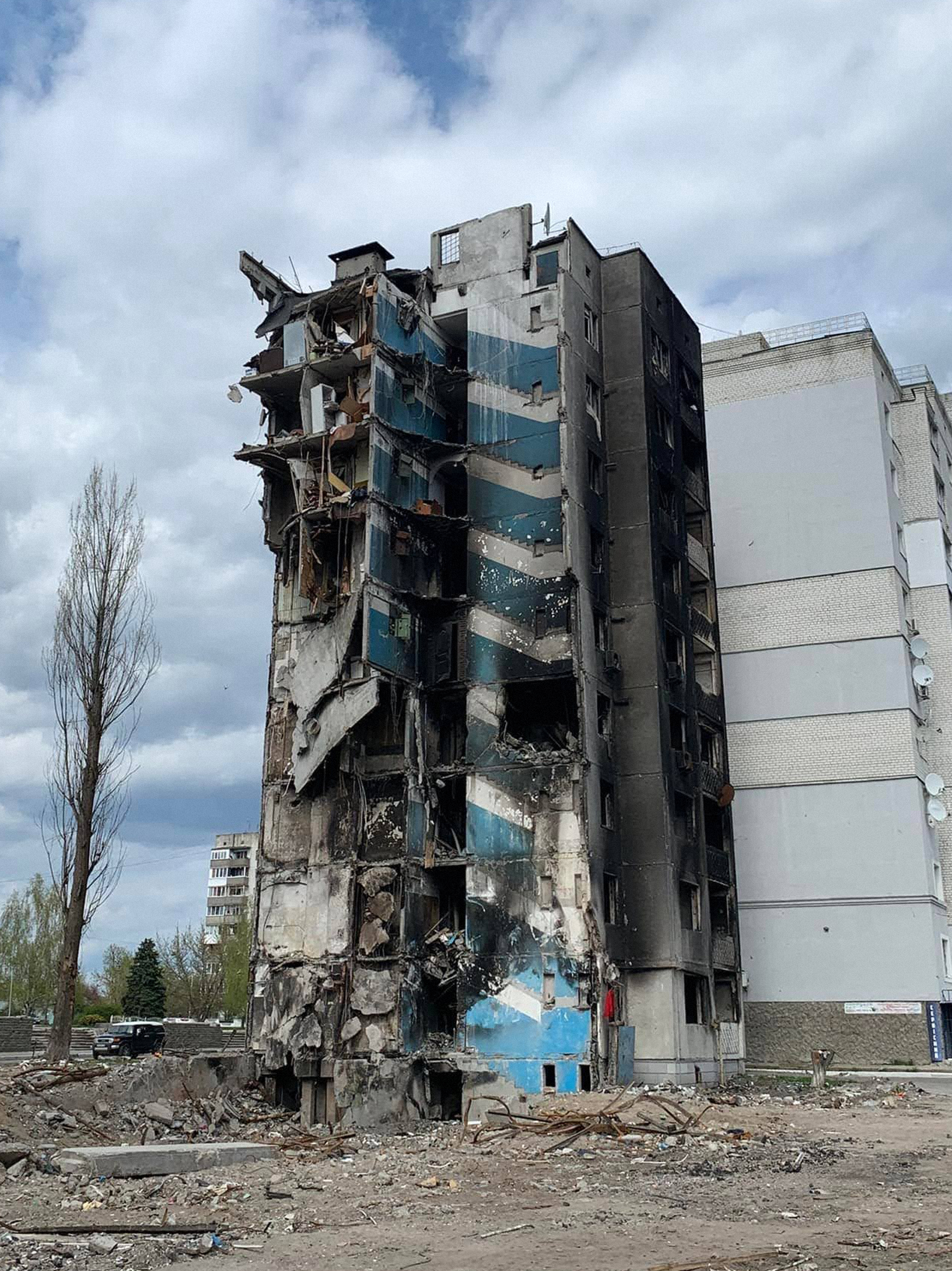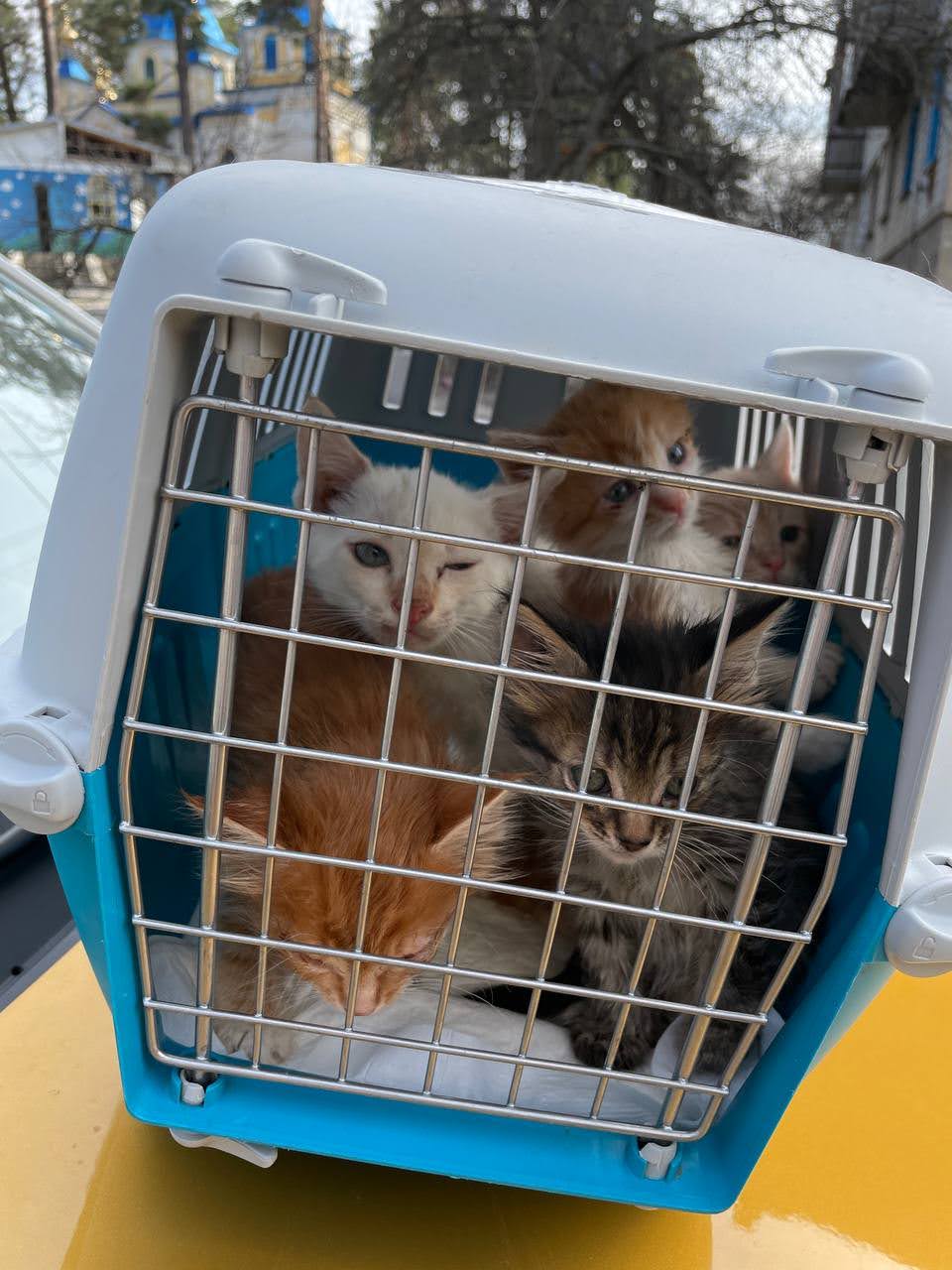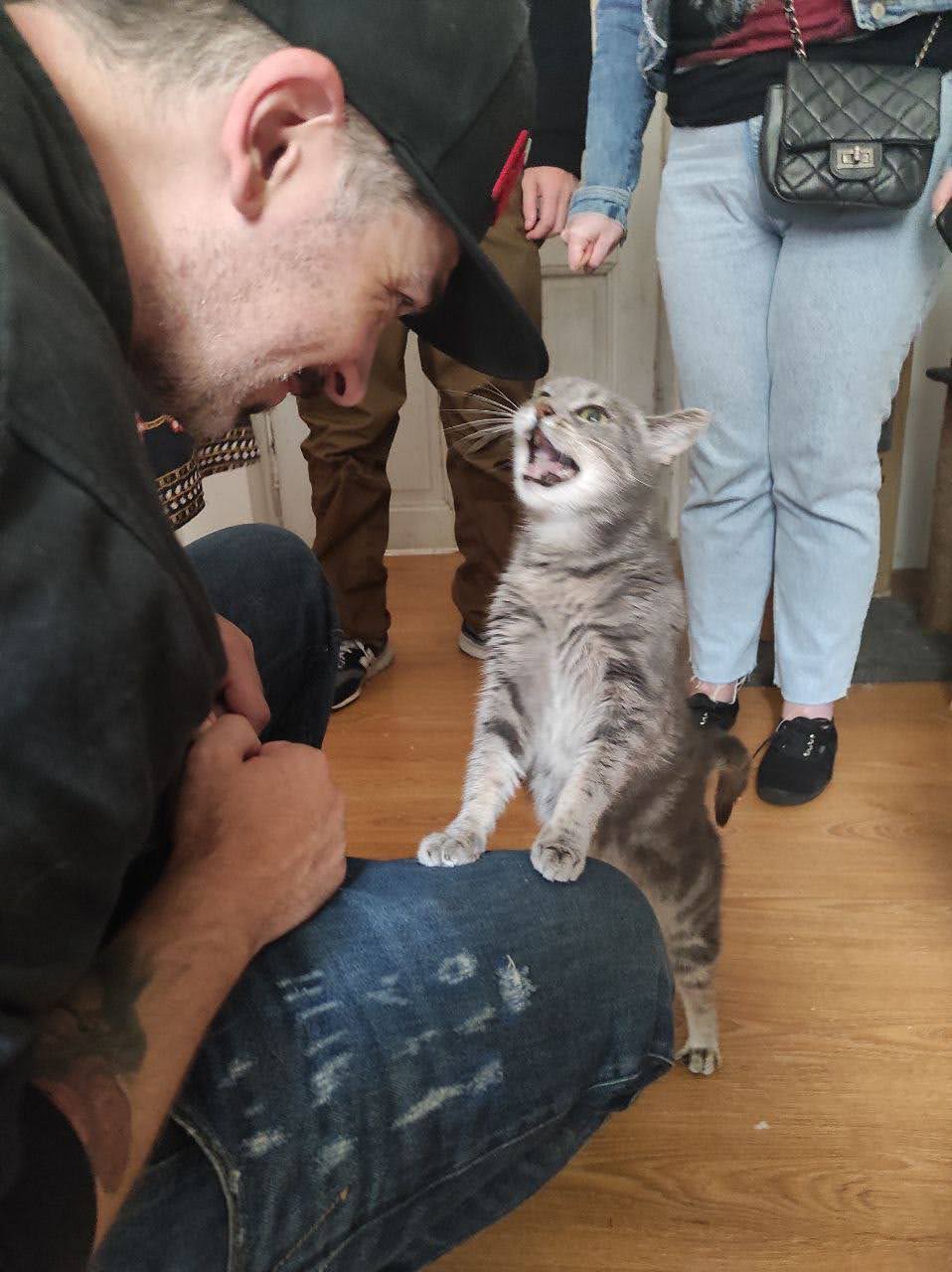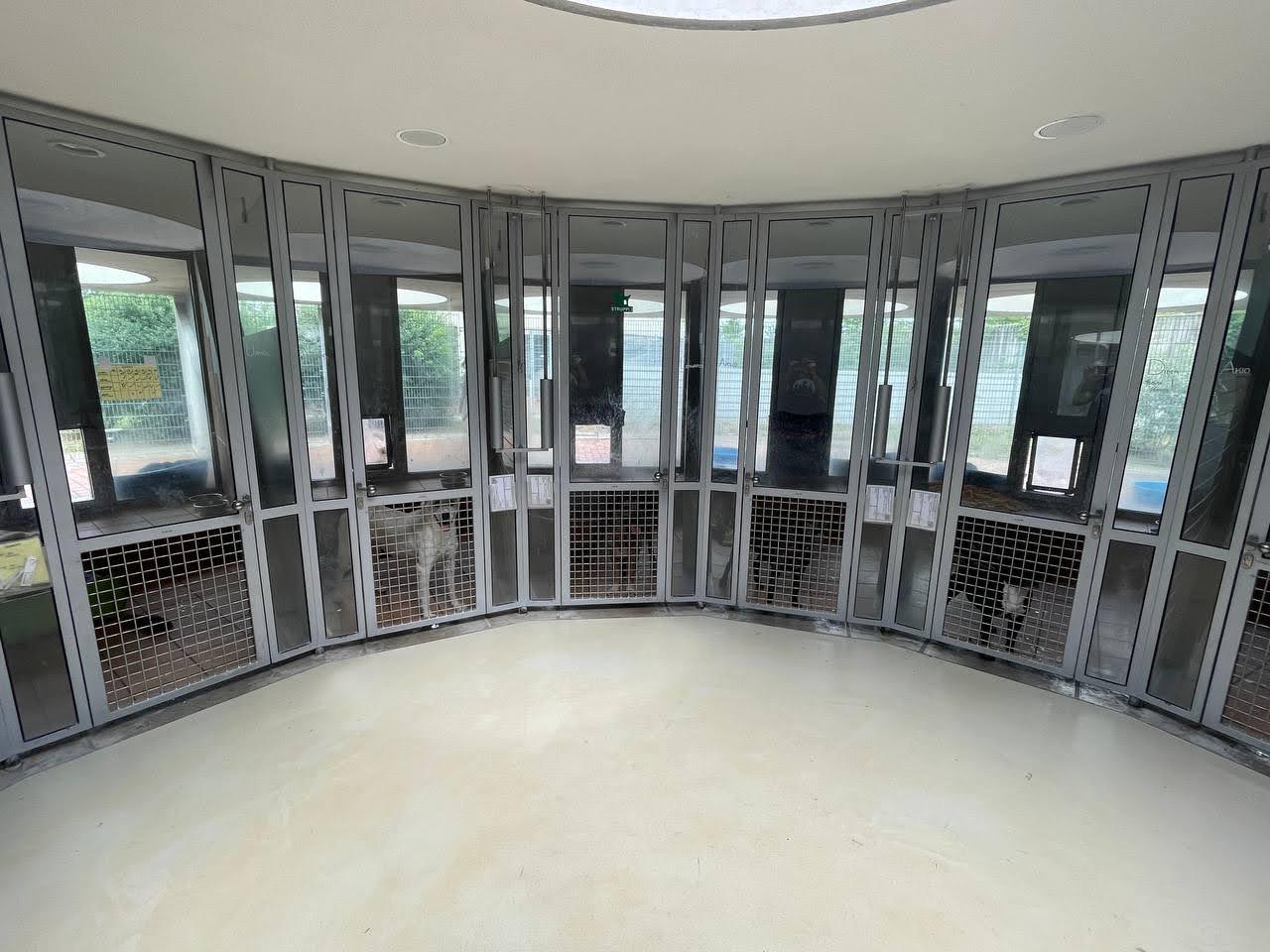Eugene Kibets is a founder of Happy Music Group agency and a concert promoter who has brought about 500 concerts to his credit over 12 years. There are Black Rebel Motorcycle Club, Balthazar, IAMX, Garbage, Nothing But Thieves, Fink, Ghostpoet and others among them.
Since the start of the full-scale invasion, Eugene has put his past activities on hold and prioritized the animal protection activities. While rescuing animals from the de-occupied cities of Kyiv region, Zhenia realized that many of them would not survive on the street. That’s why he plans to open the Cats On Mars shelter by the end of October.
Translator: Inna Khrystych

